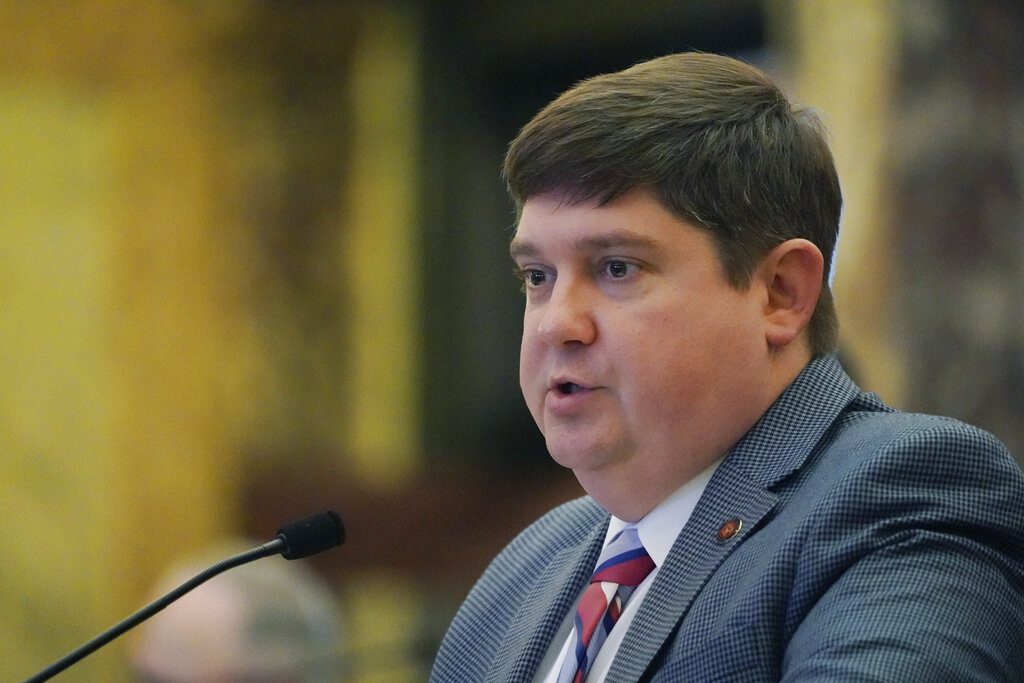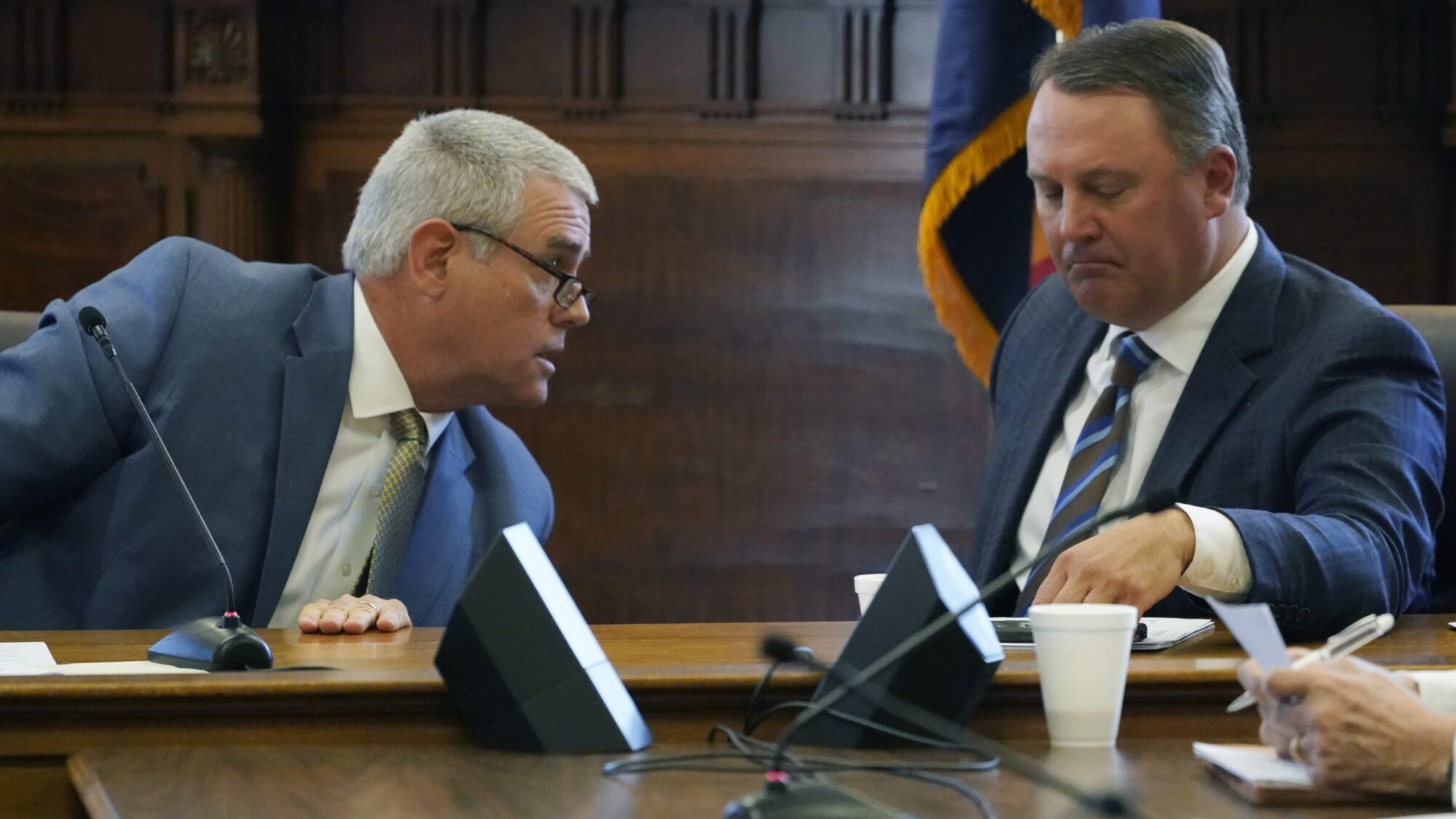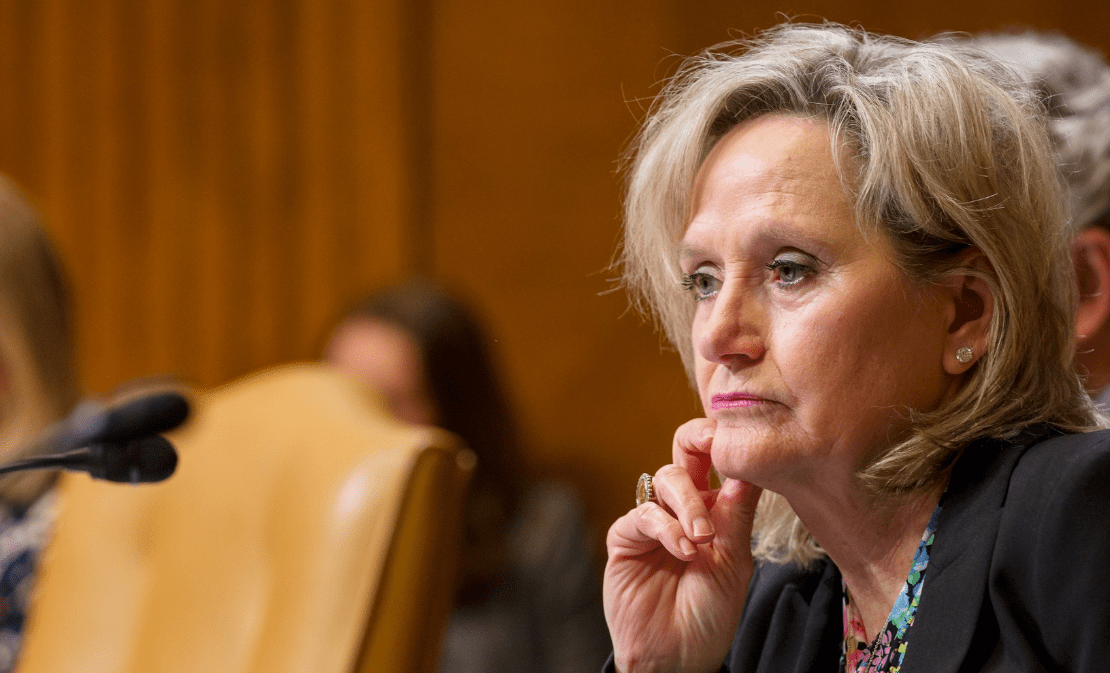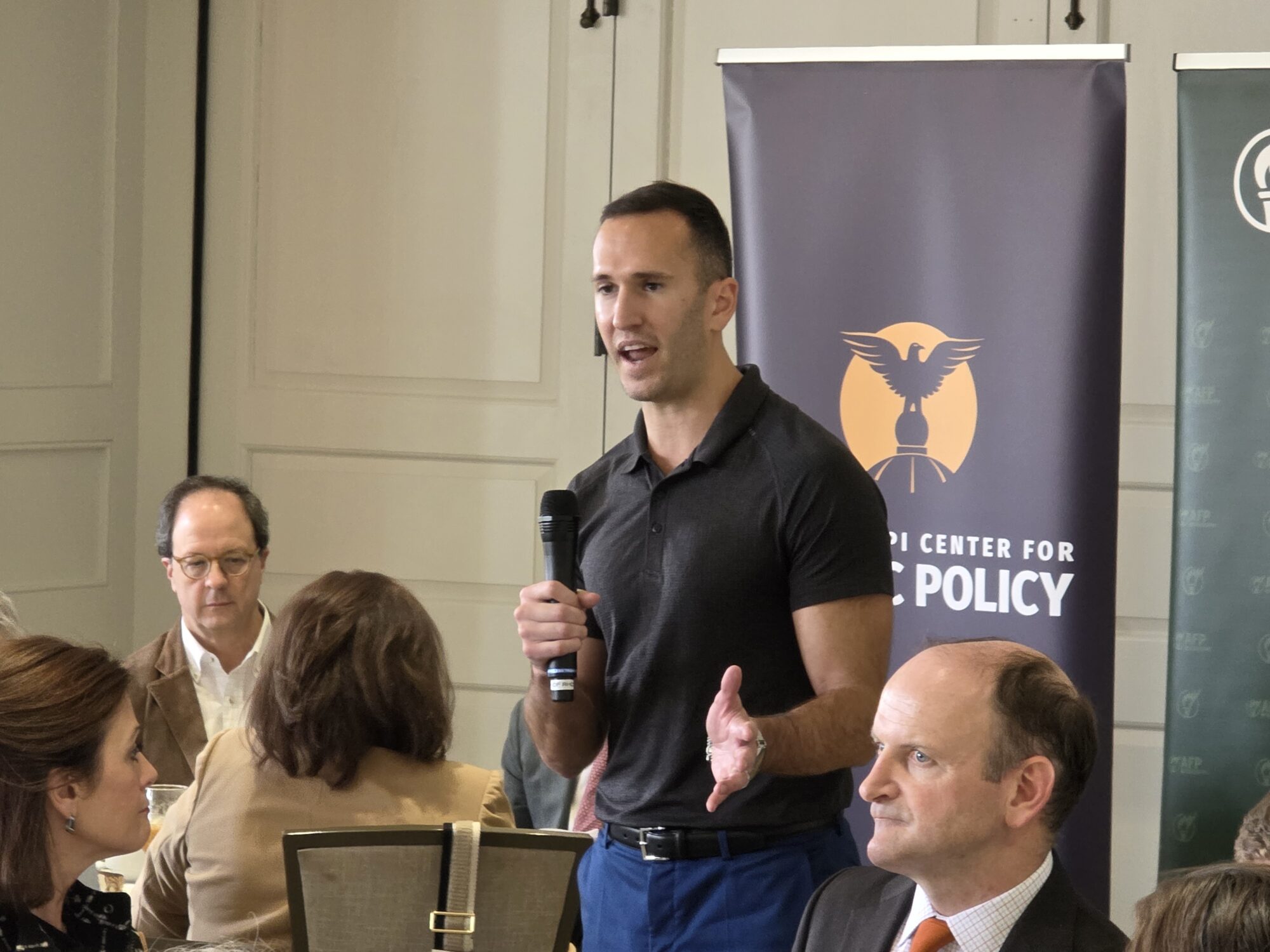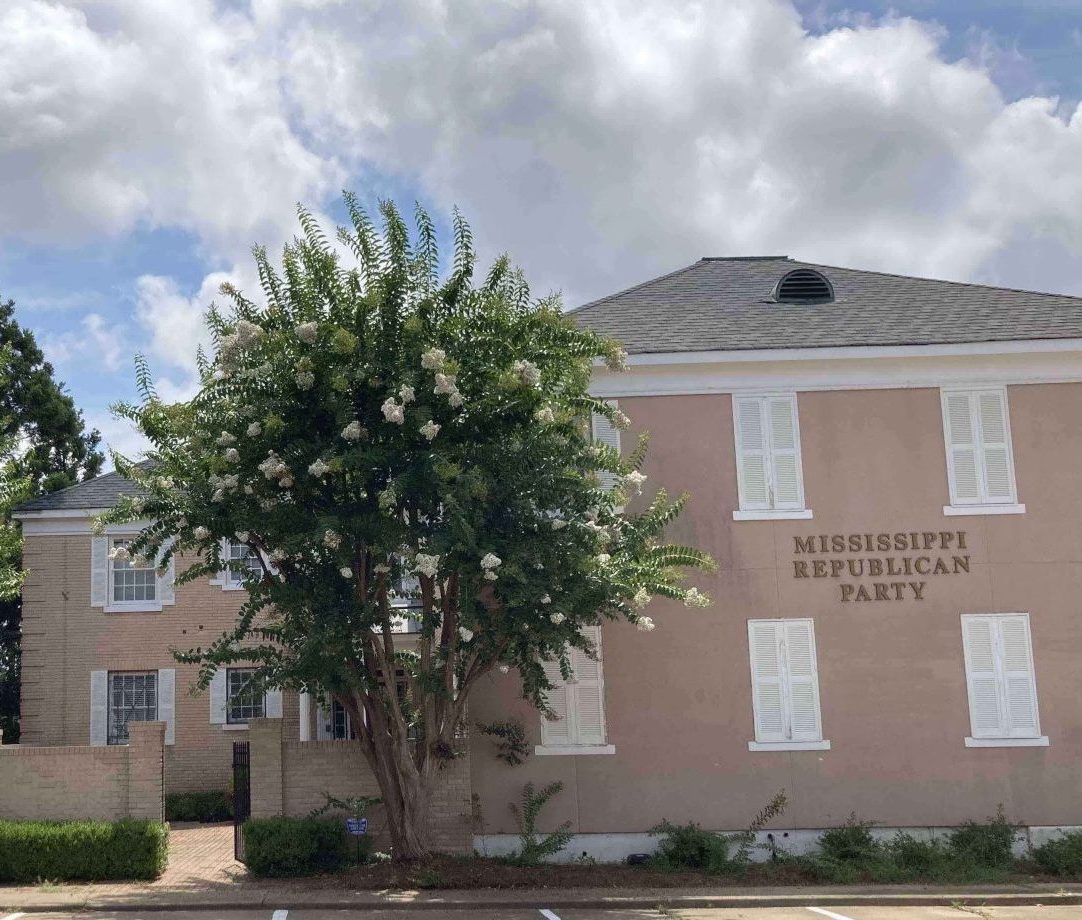
Headquarters of the Mississippi Republican Party in Jackson.
The petition by the Mississippi Republican Party seeks to void a Chancery Court decision that would have allowed precincts in Hinds County to remain open an additional hour after reported ballot shortages.
The Mississippi Republican Party has filed a petition of prohibition against the ruling made by Chancery Court Judge DeWayne Thomas on Election Day, November 7, 2023, after an undisclosed number of Hinds County voting precincts reportedly ran out of ballots.
Judge Thomas ruled that the polls could remain open until 8:00 p.m. so more ballots could be printed. The ruling was prompted by a complaint filed by the Mississippi Democratic Party after being made aware of the shortages.
Thomas’ decision was made during the 6:00 p.m. hour, just prior to the polls closing at 7:00 p.m. The Mississippi Republican Party then filed suit against the ruling, leaving the decision up to the state Supreme Court. At the same time, Mississippi Votes filed a complaint with the Circuit Clerk outlining four specific precincts that experienced ballot shortages.
Ultimately, the decision by Chancery Judge Thomas was overruled when the Mississippi Supreme Court appointed special Judge Jess Dickinson. Dickinson determined that only voters who were in line at 7:00 p.m. would be allowed to cast a ballot. Current state law allows for precincts to remain open until the last person who was in line by 7:00 p.m. is able to vote.
Because of the conflicting nature of the Chancery Court’s decision and the special appointed judge by the Supreme Court, the Mississippi Republican Party’s appeal claims it was very confusing to Hinds County voters. The Special Judge’s ruling also caused implications for the Circuit Court complaint filed by Mississippi Votes.
Spencer Ritchie, counsel for the state Republican Party, said his client maintained issues with how the order was released, without anyone knowing it was coming.
“This petition is aimed at hopefully ensuring that future election day disputes in Mississippi are handled judicially according to the process set forth in the Mississippi Code,” said Ritchie.
He added that the Republican Party does not take issue with Election Day challenges, but by how this particular decision was made and who has the authority to make it.
“Essentially, this doesn’t have any effect on the election, but it could have had an effect if there had been any election contests in Hinds County,” said Ritchie. “The idea is that the party did not like the way the Chancery Court relief played out.”
The GOP petition says it is unclear at this time how many of the Hinds locations followed the Chancery ruling and allowed voters to get in line until 8:00 p.m.
Therefore, the petition is asking the court two questions:
- Did the Chancery Judge have jurisdiction to extend voting hours?
- Can election day disputes be judicially resolved in any manner other than adhering to Mississippi Code 23-15-913?
The November 28th petition filed by the GOP claims that the initial complaint by the Democratic Party only provided evidence of a single affidavit ballot from one precinct, which they believe was not sufficient. Their goal is to prevent this situation on an election night from recurring.
“What happened in Hinds County on election night in the judiciary could easily happen again, and future underlying controversies could relate to any range of election day issues, i.e., not just alleged ballot shortages,” states the petition. “Clarity for future elections as to the proper manner for election day disputes to be resolved judiciously is desperately needed. Therefore the Court should grant the instant petition notwithstanding any mootness concerns.”
The petition requests that the Court dissolve the Chancery Court’s order as “void” and clarify whether or not the Chancery Court even has authority to extend voting hours. The GOP argues that due to the tight time constraints on an Election Day, if this were to happen again, it is nearly impossible to detect it and intervene in a timely manner in order to stop a court from acting with a lack of jurisdiction.
#####
